
SSP works with the landless and marginalized farmer households and, among these with women, who face the most challenging social and economic inequalities in drought prone regions across seven states of India.
To earn and sustain livelihoods women face enormous problems in access to resources, skills, and finance and market opportunities.
With high reliance on chemical inputs and alarming drift towards cash crops, small and marginal farmers have become food poor and vulnerable to climate shocks. Marathwada (where this model was developed) faces crippling water shortages coupled with extremely low coverage of irrigation pose more risks than rewards for the farmers growing cash crops.
Farmers have faced acute economic, social and ecological challenges due to failure of their crops. A resilient farming model goes a long way in helping the farmers of Marathwada to improve their agriculture practices. When women are empowered to decide what to grow, what inputs to use, when and where to sell – key shifts happen in agriculture and livelihood.
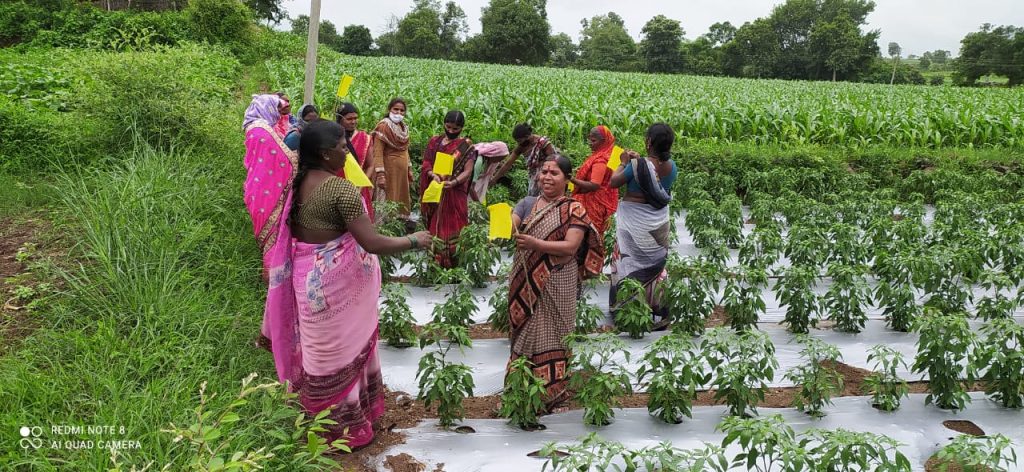
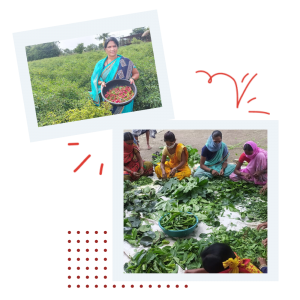
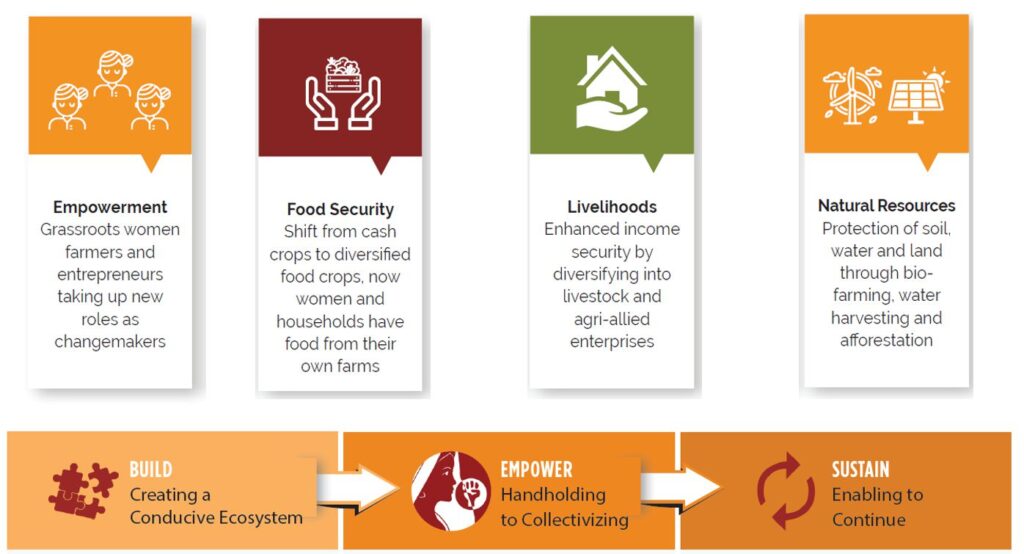
The Women-led Climate Resilient Farming (WCRF) model attempts to reposition women as farmers, leaders and change agents who adopt food secure practices on their farms.
The model focuses on four key dimensions: Market Linkages, Federating Women Farmers, Technology Integration and Water efficient micro irrigation models.
It improves productivity, increases income, enhances health and nutrition of the family and builds resilience. The WCRF model keeps women at its centre and transforms them into changemakers in agriculture with a view to promote resilient livelihoods.
To operate our model, we have designed an enabling ecosystem with Government, Agro-tech partners, Training partners and Knowledge & Resource partners to empower women through farm literacy, decision making abilities, access to land and leadership skills. On ground, our Krishi Samvad Sahayak’s (KSS) take a center-stage in disseminating the model and act as a constant linkage between the model ecosystem and women farmers.
In the last seven years, 65,000 women farmers and households have begun the shift towards climate resilient farming in 750 villages across Osmanabad, Latur, Solapur and Nanded districts of Maharashtra.
This model is currently in the process of scaling up to Jalna, Ahmednagar and Aurangabad districts and also to Bihar and Kerala states in India. This program has transformed 8,800 Acres of farmland by growing food crops using exclusive bio-inputs. The unique cascading approach in ground deployment of the model makes it scalable, replicable and efficient.
Through this process, SSP is also organizing the women farmers into collectives and providing support to gain land rights so that they take up new roles as leaders and entrepreneurs and develop partnership with the government to lead sustainable community development.
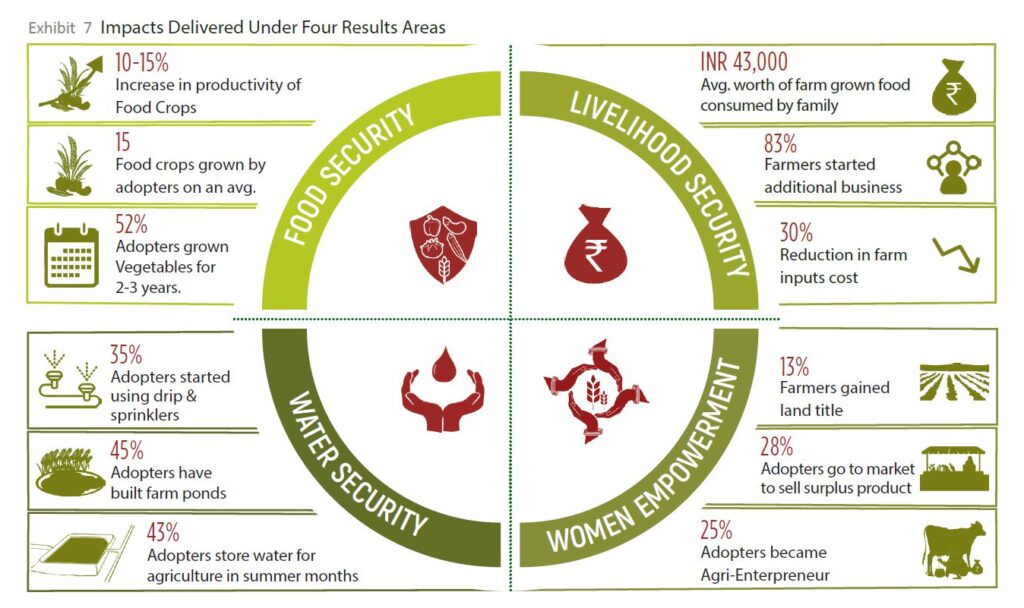
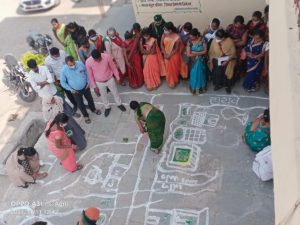
The Change
The WCRF model delivers social, economic and ecological resilience to small and marginal farming community in drought-prone Marathwada who are vulnerable to acute climate shocks. By empowering women as change-makers in agriculture, it promotes resilient livelihoods for farming households and ensures that farming becomes an economically viable venture.
The changes brought about through the model are:
Women empowerment: Improving access to land for women and advocating for their cultivation rights. Increasing recognition of women as farmers in the community and to the Government. Improved decision making at families and communities.
Income security: Increasing financial independence by facilitation of marketing their farm produce.
Improving the participation of grassroot women in the entire value chain from farming to food processing, supply, distribution and consumers. Women small holder farmers increase their income and their families’ food security and nutrition.
Environment protection: By switching to organic farming and utilising soil management and water conservation techniques, the WCRF promotes natural resource management.
Partnership
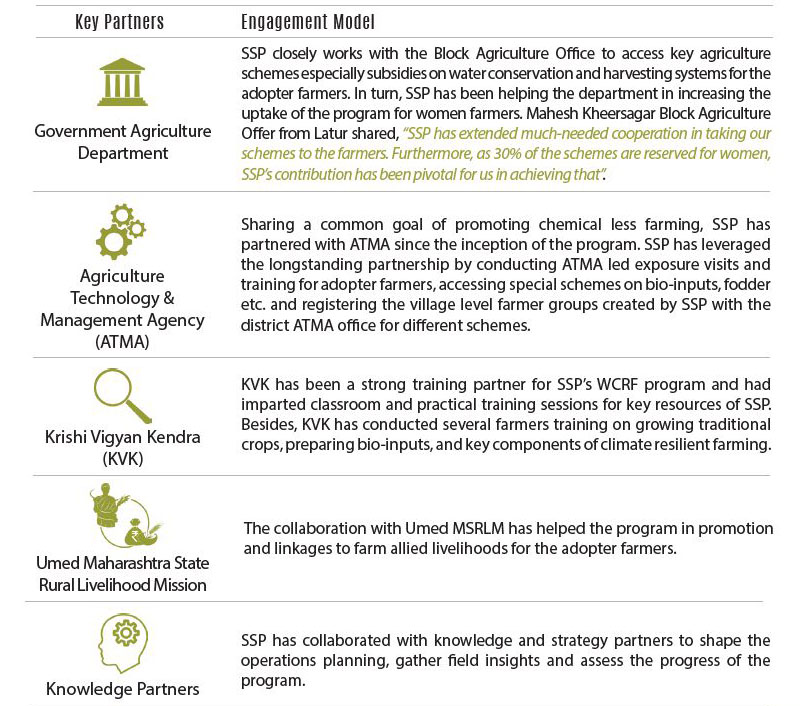
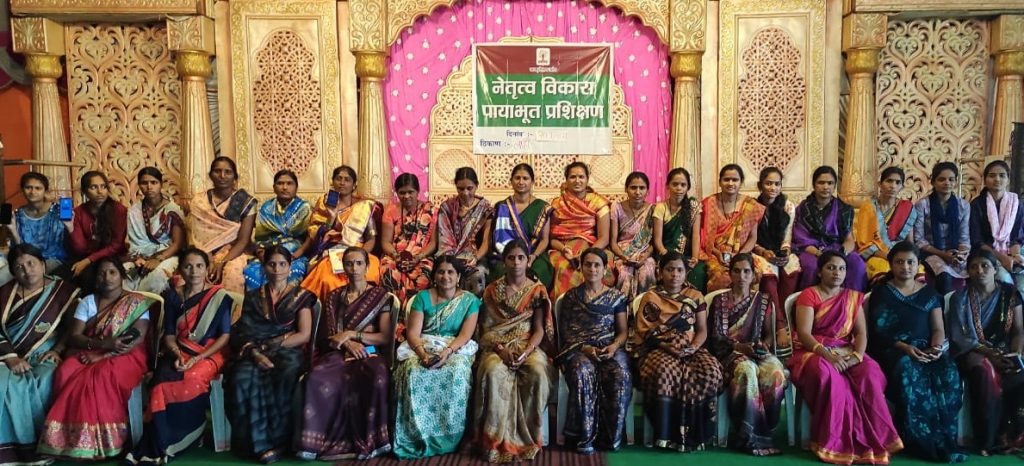
Swayam Shikshan Prayog empowers grassroots women in low-income, climate threatened communities to attain self-reliance and self-sufficiency.
Over the past 24 years, SSP has built robust partnership ecosystems that support women-led entrepreneurship and leadership in sustainable development.
SSP has empowered over 300,000 women farmers, entrepreneurs and leaders reaching over 6 million people across seven states in India to take leadership to fight climate change by ensuring food security, access to health services, water and sanitation, increasing incomes, creating jobs, boosting local economies, and advocating with government.